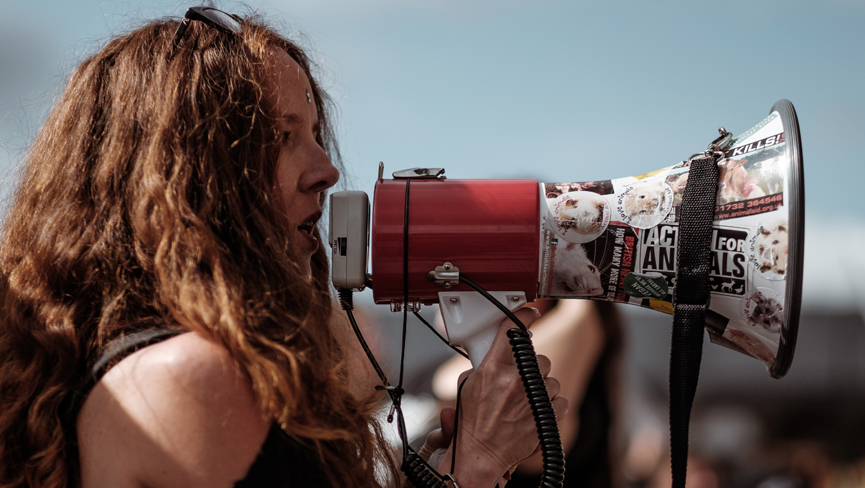The digital landscape adds immediacy and reach to campaigners and activists. Consumers easily group together and make noise, using social platforms to mobilise and target.

For corporates, the threat of activism is serious – it can damage reputation, shareholder value and lead to business disruption. It’s only natural that an emerging campaign can unnerve and unsettle even the most seasoned of communications teams – especially in this digital age.
We recently hosted a seminar on the subject of digital activism, where we heard from prominent wildlife campaigner and activist Kate Nustedt, the director general of the UK’s soft drinks industry trade body Gavin Partington and communications consultant Claire Davidson of DRD Partnership. Our guests heard some fantastic evidence and advice from our speakers and took away some key learnings.
They did all share one common message: engage in dialogue with activists and look to align your goals wherever possible. This may sound impossible in an environment where campaigners have previously spoken of targets as their “enemies” but by examining corporate strategy, it may often be possible to find situations where there is a common end result.
“Engage in dialogue with activists and look to align your goals”
Engagement cuts down barriers and allows business to find out more about the activists and what is driving their purpose. Social profiling can also bring you closer to uncovering who they are speaking to and who is speaking to them. Who is campaigning along side them and on their behalf? Kate Nustedt spoke of the momentum one of their appeals gained when Ricky Gervais released online footage endorsing their campaign.

We also heard about the need to show patience in the process of trying to find common ground. Activists could feel that if they collaborate with the “enemy” and engage in any kind of dialogue, they are compromising their cause.
But as has been proven in the global plastic campaign endorsed by several international organisations, business can be willing to listen. On occasion, corporates realise that real change is needed in their industry and react to activism with more than official PR statements. They acknowledge that their business practices are out of date and damaging and change them to keep up with modern consumer sentiment.

In the UK, business no longer finds itself in a strong position regarding government protection, as regulations have been imposed to tax and penalise issues such health, non-compliance and environmental dangers. The activist here would of course argue rightly so. But it’s in these areas where public policy can impact corporate practice that we will often see activism and campaigning emerging to ensure that this compliance is watertight. And it’s at this crossroads that common ground can often be found.
“A deep analysis of the social environment could add insight”
But it’s also in these areas that a deep analysis of the social environment can also add insight. Corporates can audit activity to reveal the volume and momentum of an online campaign. And campaigners can use their online power to bring a conversation to the corporate table and drive for what they perceive is a necessary change.

 Social Due Diligence
Social Due Diligence 